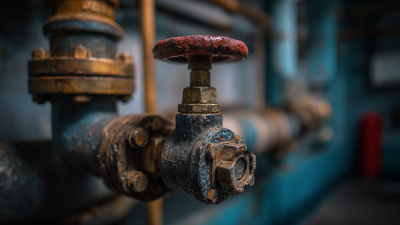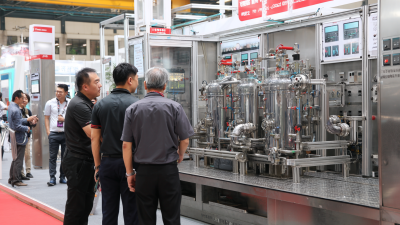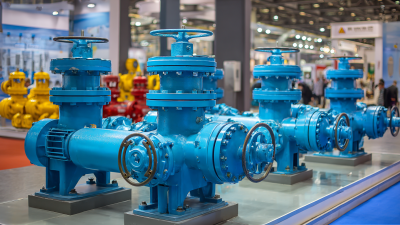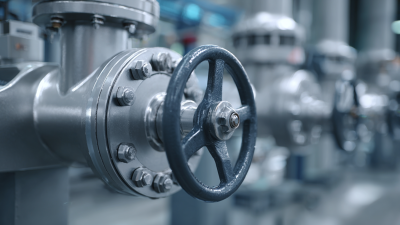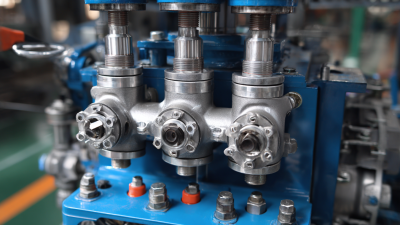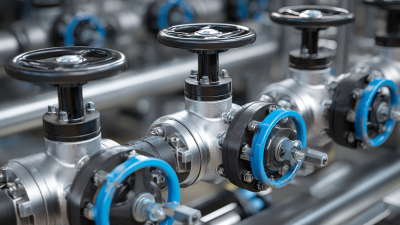| Gate Valve |
A valve with a flat gate that can be raised or lowered to control flow. |
Main water lines, steam systems |
Good for on/off control, minimal flow resistance |
Not suitable for throttling, slow operation |
| Globe Valve |
A valve that uses a globular body to control flow with a movable disk. |
Heating systems, regulating flow |
Good for throttling, reliable |
Higher pressure drop, can be more expensive |
| Ball Valve |
A valve with a spherical disc that controls flow. |
Water and gas supply lines |
Quick operation, durable |
Not ideal for flow control, limited throttling ability |
| Check Valve |
Allows flow in one direction and prevents backflow. |
Pumps, water irrigation systems |
Prevents backflow, simple design |
Can create resistance, may require maintenance |
| Relief Valve |
A safety valve that releases pressure to prevent system overload. |
Boiler systems, pressure vessels |
Increases safety, automatic operation |
Can be sensitive, may leak |

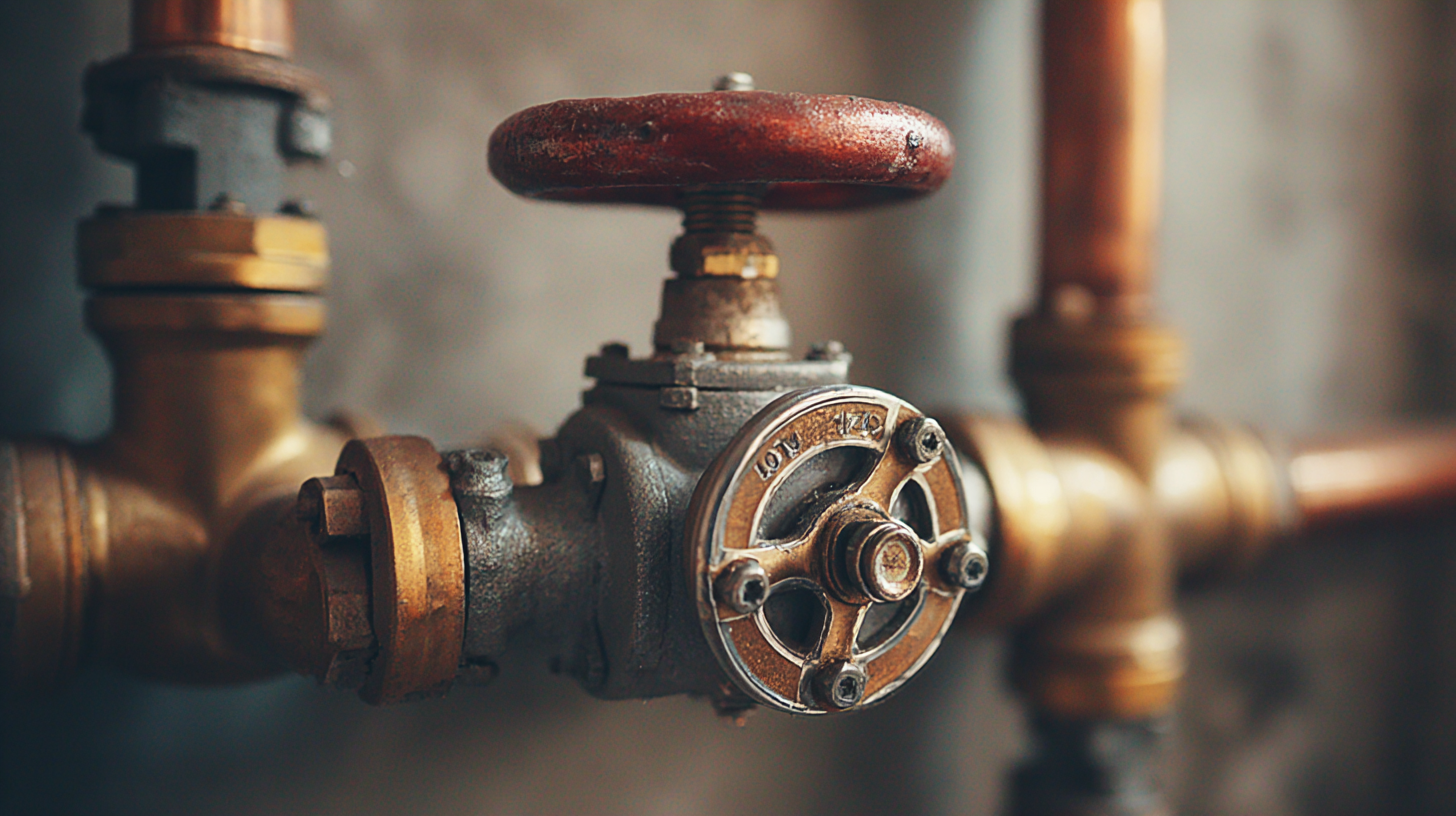
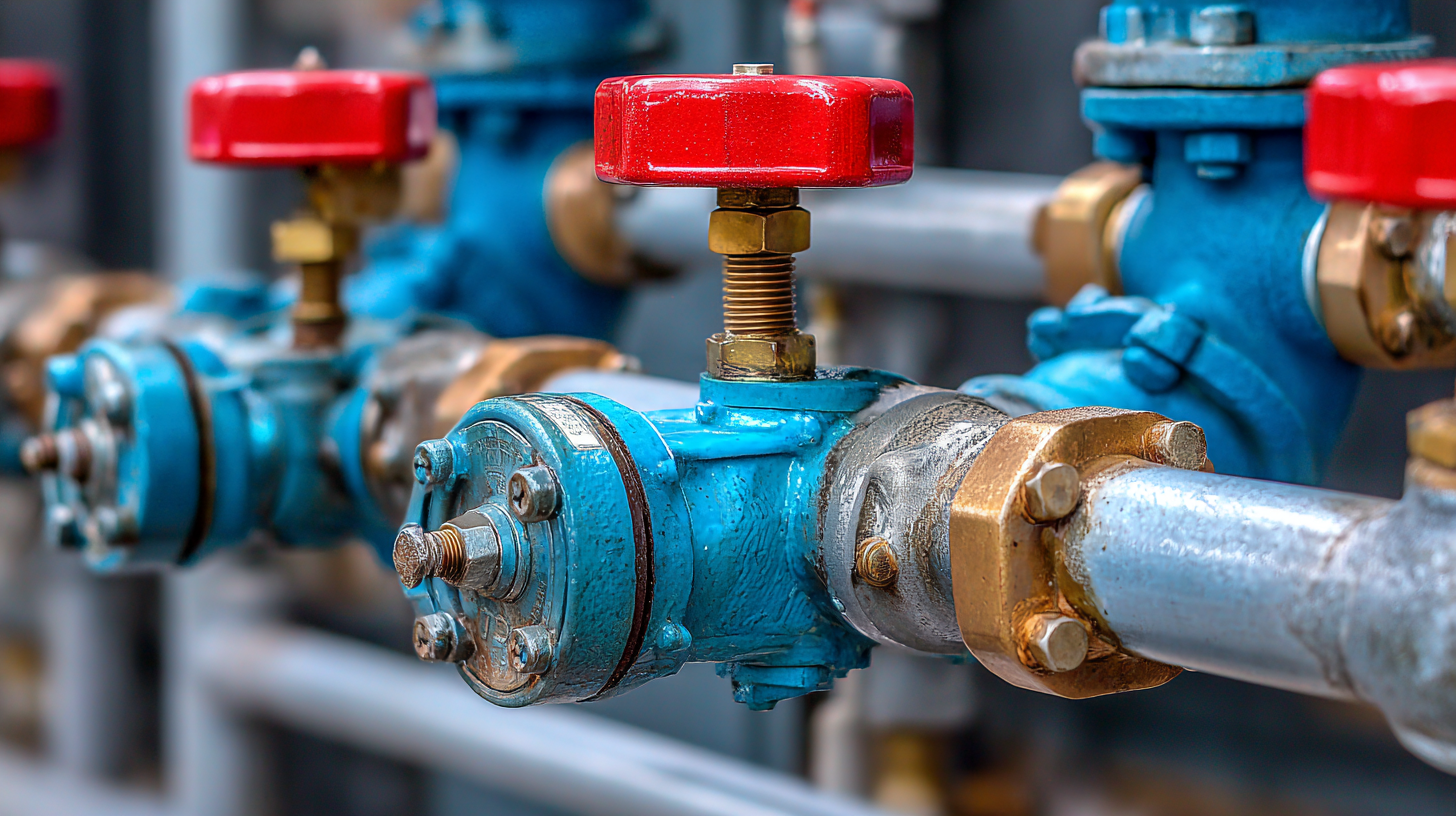
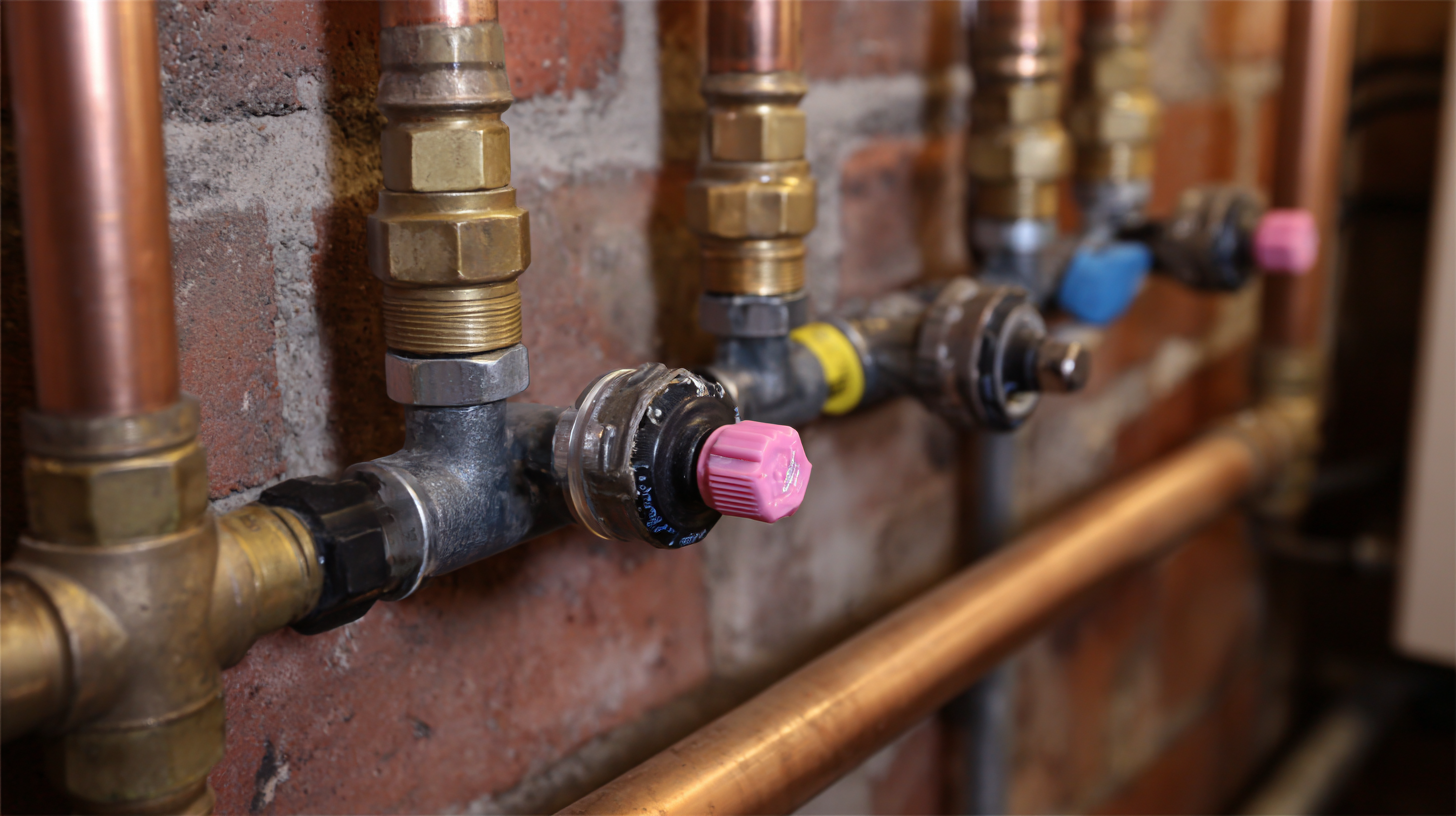 Start by routinely inspecting the boiler valve for any signs of leaks or corrosion. Clean the valve regularly to prevent buildup that can impede functionality. Additionally, ensure the pressure is set correctly and monitor for any unusual noises that might indicate an issue. If you notice a pressure drop of more than 0.5 bars, it's advisable to consult a professional.
Start by routinely inspecting the boiler valve for any signs of leaks or corrosion. Clean the valve regularly to prevent buildup that can impede functionality. Additionally, ensure the pressure is set correctly and monitor for any unusual noises that might indicate an issue. If you notice a pressure drop of more than 0.5 bars, it's advisable to consult a professional.